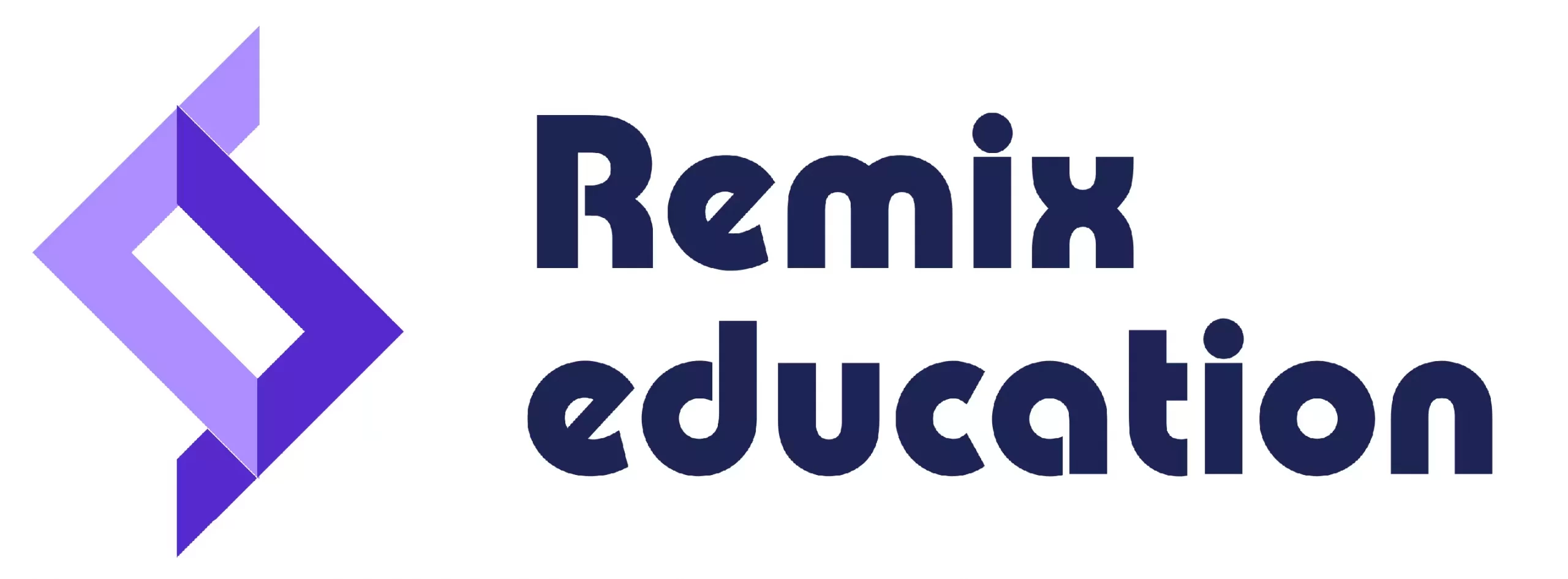It is the condition caused by structural or functional derangement of thyroid gland that interferes with the production of thyroid hormone
It is a very common disorder among females and its prevalence increases with age.
Clinical signs and symptoms
• Weight gain (since metabolic rate is slowed down)
• Cold intolerance
• Fatigue
• Dermatological: Dry flaky skin and dry hairs; Myxedema
• Reproductive: Menorrhagis (abnormally heavy bleedin during menstruation) and Infertitlity
• Cardiovascular: Bradycardia
• Hematological: Anemia
• Neuromuscular: Delayed relaxation of tendon reflexes
• Gastrointestinal: Constipation
• Respiratory: Pleural effusion
Causes
• Iodine deficiency
Hashimoto thyroiditis
o It is an autoimmune disease which results in the destruction of thyroid gland and ultimately thyroid failure.
o Antibodies directed thyroglobulin and Thyroid peroxidase enzyme is produced
o Sometimes it is also associated with other autoimmune diseases.
• Spontaneous atrophic hypothyroidism
o This is also an autoimmune disease.
o The antibodies are produced against TSH receptors which block the effect of endogenous TSH leading to hypothyroidism
• Transient hypothyroidism
o It refers to temporary hypothyroidism which persists for 6 months or less duration.
o It can occur in neonates due to passage of TSH receptor blocking antibodies from
mothers having autoimmune thyroid disease.
o It can also occur during first six months of radioactive iodide (I131) therapy or partial surgical ablation of thyroid gland (as a treatment for hyperthyroidism).
• Post-ablative hypothyroidism
o If the hypothyroidism occurs (for more than 6 months) in patients who have undergone radioactive iodide (I131) therapy or partial surgical ablation of thyroid gland (as a treatment for hyperthyroidism).
• Drug Induced hypothyroidism
o e.g. Drugs like Lithium Carbonate (used in the treatment of bipolar disorder) can inhibit the release of thyroid hormone leading to hypothyroidism
• Congenital hypothyroidism
o If the hypothyroidism is present since birth.
Management of Hyperthyroidism
• Hormone replacement therapy is given wherein thyroxine is administered orally. Initially a dose of 50 µg/day is given which can be increased depending upon the symptoms.
• For Transient hypothyroidism this treatment is given for 6 weeks followed by TSH level is re- examine to ensure whether further therapy is needed or not.
CRETINISM
It refers to hypothyroidism which develops in infancy or early childhood.
It generally occurs in children living in the iodine deficient regions of the world. This problem has now been controlled with Iodine Prophylaxis programme.
Sign and symptoms
• Impaired development of skeletal system
• Impaired development of CNS; Both of the above lead to
o Severe mental retardation
o Short stature
o Coarse facial features
• Protruding tongue
• Umblical hernia
MYXEDEMA
It refers to hypothyroidism which developes in older child or adults
Clincal signs and symptoms
• Slowing of physical or mental activity (develops over a long period of time)
• Generalised fatigue and mental sluggishness (depression like symptom)
• Speech and intellectual functions become slowed
• Cold intolerance
• Overweight
• Shortness of breath and decreased exercise capacity due to reduced cardiac output
• Constipation and reduced sweating
• Cool and pale skin due to decreased blood flow
• Accumulation of matrix substances (mucopolysaccharides) in subcutaneous tissue (skin) leading to coarseness of facial features, enlargement of tongue, deepening of voice.
GOITER
Goiter is the enlargement of thyroid gland as a manifestation of thyroid disease
It is of two types:

